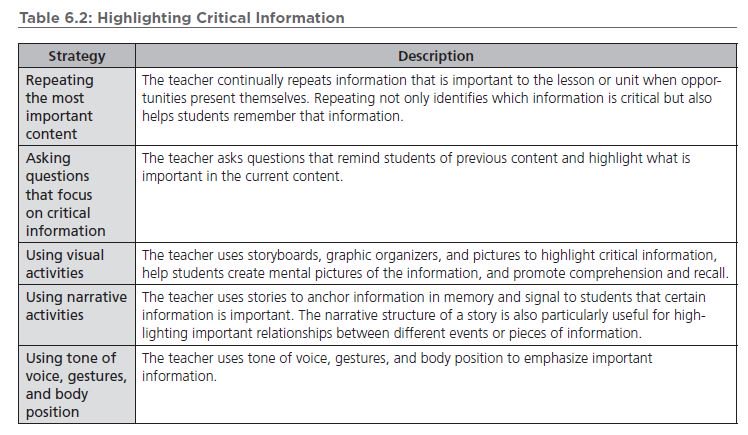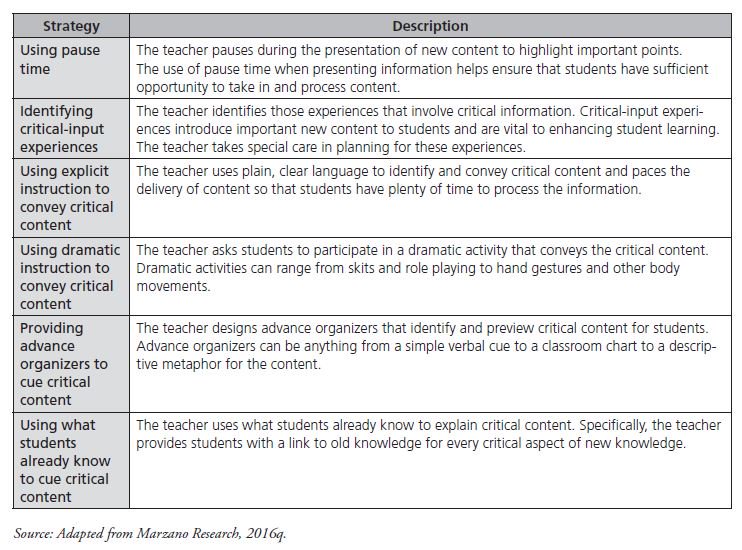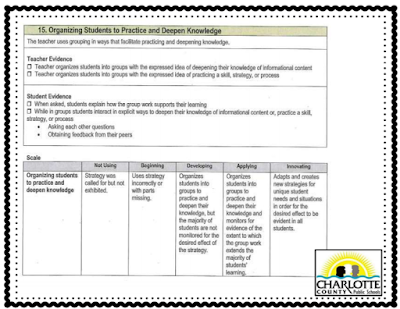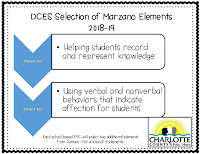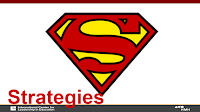Good Morning Deep Creek School Family,
When the thought of great teachers comes to mind, always at the forefront is the ability to simplify concepts and processes for students. Teaching is a challenging, complicated, and often overwhelming responsibility. This is why again, chasing the bouncing FSA ball can not be focus for student achievement.
Last week week the focus of the MMM was centered around the quality instruction that leads to student achievement. In review, it has been clearly stated that the focus of every lesson needs to begin with OUTCOMES. Lesson planning needs to start with three items at the forefront. Element #44 Attention to Content Standards, Element #43 Lessons Within Units, and Webb's Depth Of Knowledge. Below is a link to last week's MMM for review.
http://dcesmmm1516.blogspot.com/2018/09/outstanding-outcomes.html
This Monday the focus will be on the processes. The process to improve student achievement will always start with collaboration and focus on collaboration. All of the following 8 items have an emphasis on working together.
1. Collaboration
Recall this picture from the beginning of the year Power Point. This group had a clear achievement goal. Each person knew that goal and they worked together to achieve it. This should be no different for your team here at DCE.
2. Clear Achievement Goals
Element #44
3. Data-Driven Decision Making
Common formative assessment provides data. Data are feedback to immediately assess if the instruction has been effective. It will serve as a blue print to where instruction needs to travel next. A great instructor will use these data to reflect and will not use them as an avenue to blame, complain, or deflect.
4. Common Understanding of Quality Student Work
Groups of teachers in the county are currently working on Critical Concept Scales that will allow the entire county to have a common understanding of quality student work.
5. Common Understanding of Quality Instruction
6. Quality of Teaching and Learning
Remember the Marzano Framework is not just the evaluation tool that the Union and CCPS has chosen for evaluation. The framework is a researched back road map on how the brain works and how learning takes place. All these elements work together to promote learning.
7. Job Embedded Site-Based PD
Our November 6th PD, Kagan Team, Thinking Map Teams, PLC, etc.
8. Sense of Urgency
Act Now
Thank you all for reading. Make sure you check the master calendar for this week's events.
Have a great week,
James & Adrienne







